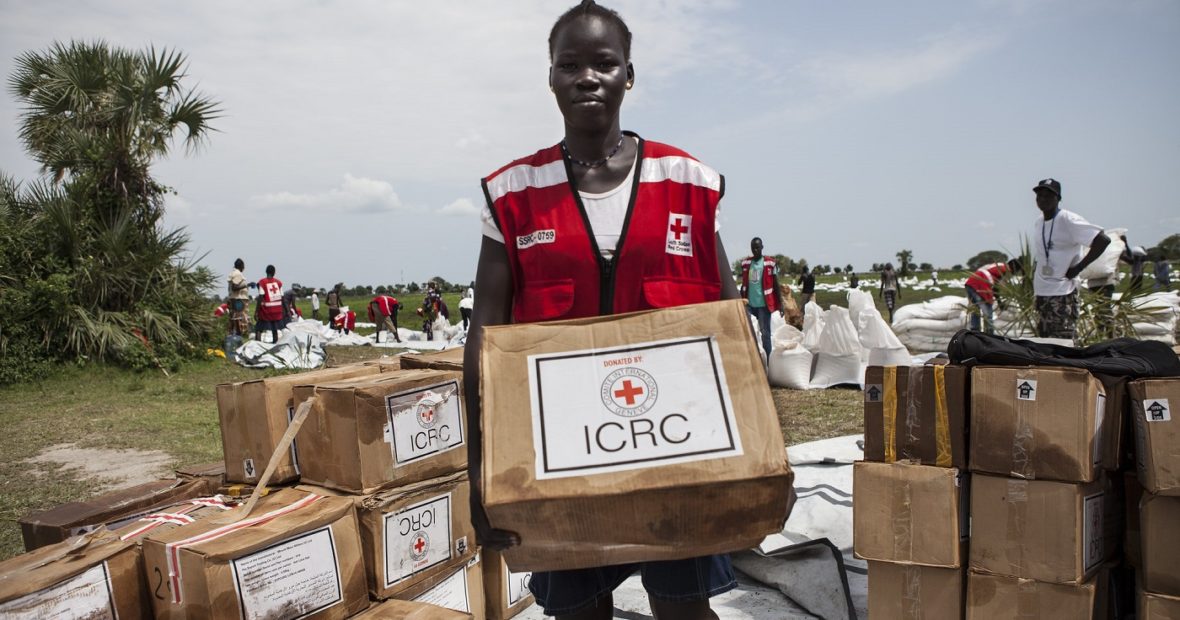What are the main challenges that humanitarian actors face in upholding a principled approach in today’s crises and emergencies? How are “principles guiding humanitarian action” understood by different actors and used in contemporary field realities? These are the questions to which the Review sought a response in this issue. The contributions highlight three important dimensions of the principles guiding humanitarian action: (1) they function simultaneously as “tools to do the job” – providing a compass to navigate through difficult choices in situations of conflicts and violence (2) as “identity catalysts” – resulting from the experience of humanitarian workers, principles in turn contribute to shaping the humanitarian sector’s identity and boundaries, and (3) as an “ethos in action” – they are not only principles of humanitarian actors, they are humanitarian principles; the call to uphold human dignity, embedded in the principle of humanity, can and should be heeded by all of us.
An entire issue of the International Review of the Red Cross explores this topic, with contributions including:
Opinion note: Is neutral humanitarian action permissible under Islamic law?
– Mohd Hisham Mohd Kamal
“Rahmatan lil-’alamin” (A mercy to all creation): Islamic voices in the debate on humanitarian principles
– Abdulfatah Said Mohamed, Ronald Ofteringer
Humanitarian diplomacy and principled humanitarian action
– Peter Maurer
Faith inspiration in a secular world: An Islamic perspective on humanitarian principles
– Lucy V. Salek
Faith and impartiality in humanitarian response: Lessons from Lebanese evangelical churches providing food aid
– Kathryn Kraft

